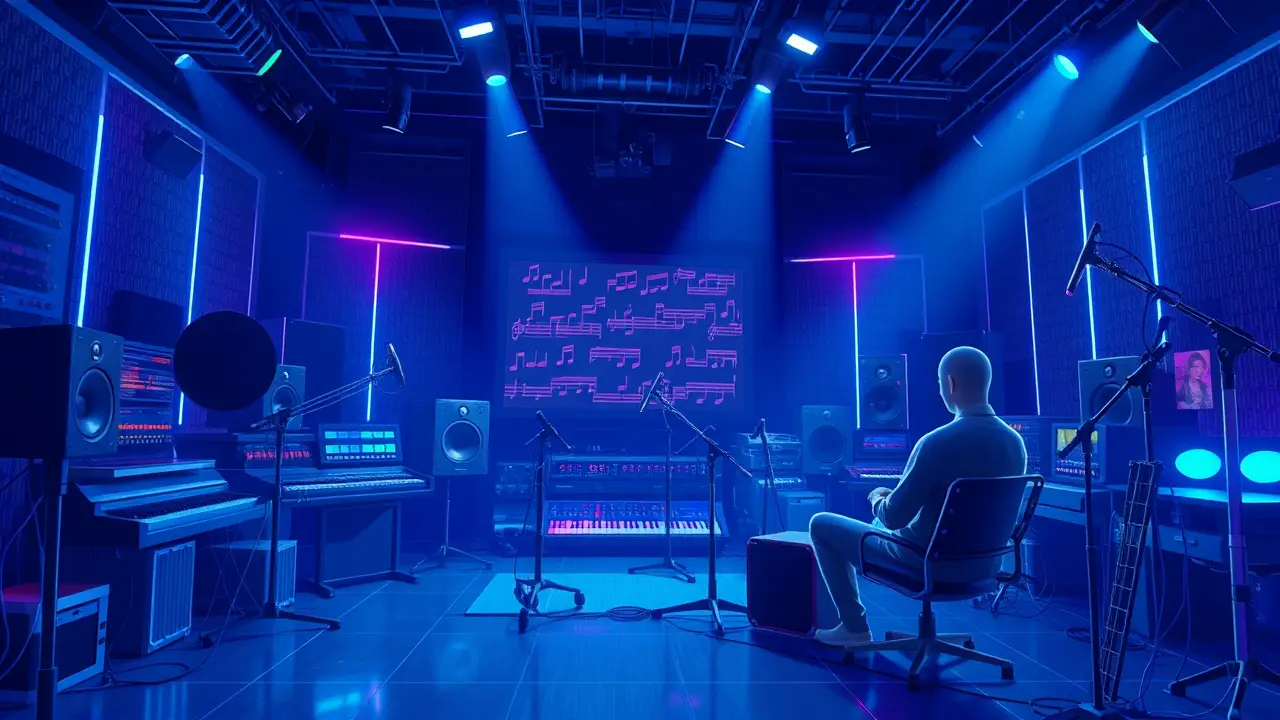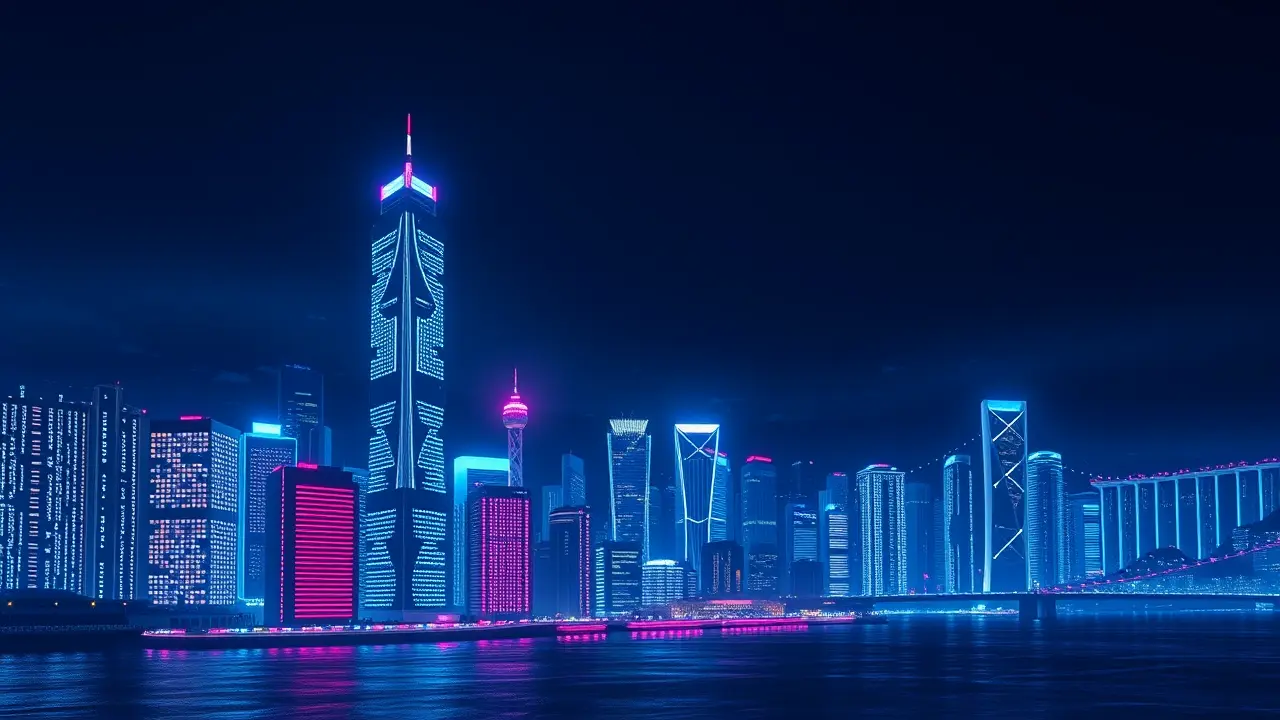
AIgenerative aiAI for Business Use
AI's Impact on the Traditional Corporate Firm
DA
Daniel Reed
1 day ago7 min read
The traditional corporate firm, that stalwart engine of capitalism which has structured economic life since the Industrial Revolution by organizing human labor into hierarchical pyramids of management and routine, is facing its most profound existential challenge not from market forces or regulatory pressures, but from the silent, algorithmic ascent of agentic AI. For centuries, the fundamental architecture of the firm remained remarkably consistent: a top-down command structure where human managers coordinated resources, made strategic decisions, and translated individual effort into collective value.This model, perfected by entities from the East India Company to General Motors, operated on the principle that coordination required a human brain, or a team of them, to process information, mitigate risks, and direct action. Yet, we are now witnessing the early tremors of a seismic shift.Agentic AI—systems capable of autonomous goal-setting, task execution, and complex decision-making—is beginning to perform the core managerial functions that once justified the corporate form itself. Imagine an AI not merely generating a report, but autonomously analyzing market data, reallocating capital across divisions, negotiating contracts with suppliers, and optimizing team workflows in real-time, all while learning from outcomes to refine its strategies.This isn't a distant sci-fi scenario; foundational models and multi-agent systems are already being deployed in experimental environments to manage segments of supply chains, execute high-frequency trading strategies, and oversee customer service operations with a level of efficiency and data-processing capability no human middle-manager could ever match. The implications are staggering.The very 'why' of the firm, as famously theorized by Ronald Coase, was to reduce transaction costs—the costs of finding information, negotiating deals, and enforcing contracts in the open market. If agentic AI can lower these costs more effectively within a decentralized network of individual contractors and automated systems than within a traditional corporate hierarchy, then the firm's raison d'être begins to evaporate.We are potentially moving toward a world of 'post-human organizations,' where fluid, project-based DAOs (Decentralized Autonomous Organizations) governed by smart contracts and AI agents outcompete legacy corporations in agility and cost-efficiency. This transition won't be seamless.It raises thorny questions of legal liability—who is responsible when an AI agent makes a catastrophic financial decision?—and ethical governance. How do we encode corporate social responsibility, or a moral compass, into an algorithmic manager? The societal fallout could be immense, potentially hollowing out entire career paths for mid-level managers, analysts, and coordinators, forcing a fundamental reconsideration of the social contract around work and value.While some, like economist Carl Benedikt Frey, warn of a new wave of automation-driven unemployment specifically targeting the cognitive class, others, like MIT's David Autor, suggest that AI may augment human capabilities, creating new, hybrid roles we cannot yet conceive. The trajectory, however, seems clear: the institutions that defined 20th-century capitalism are starting to give way, not with a bang, but with the quiet hum of servers, as agentic AI begins to dismantle the organizational pillars of our economic world, one automated decision at a time.
#lead focus news
#artificial intelligence
#management automation
#corporate structure
#economic transformation
#future of work
#agentic AI
Stay Informed. Act Smarter.
Get weekly highlights, major headlines, and expert insights — then put your knowledge to work in our live prediction markets.
Related News
Comments
It’s quiet here...Start the conversation by leaving the first comment.
© 2025 Outpoll Service LTD. All rights reserved.



